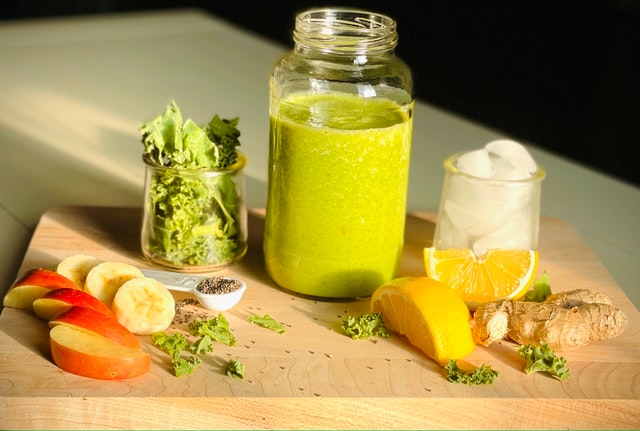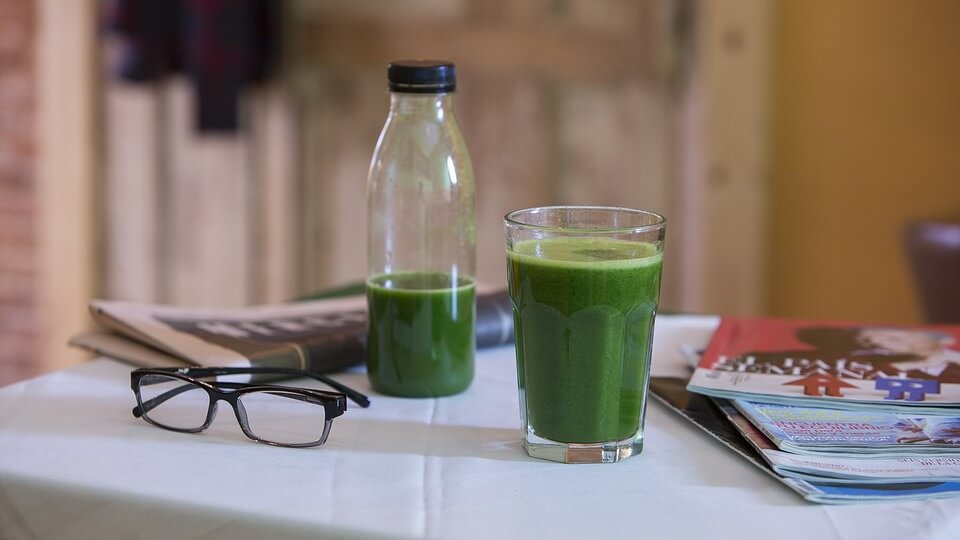Just because the world is currently battling a health crisis, it does not mean that people should solely focus on this problem and ignore other pressing environmental issues like pollution, the degradation of ecosystems, and climate change. These environmental crises still have a profound effect on our daily lives, whether you realize it or not. While it can be difficult to enact positive changes towards sustainable living during these times, it’s something that everyone needs to contribute to if they want to do their part in saving the planet.
Perhaps the one silver lining of the COVID-19 pandemic is that it offers a chance for a “hard reset.” As you continue adopting new habits to adjust to the changes brought by this global health crisis, you can also learn to make sustainable choices in the new normal that can benefit the environment. Here are a few ideas to help you get started:
Wear a Reusable Antimicrobial Face Mask
Wearing a face mask, even if you are fully vaccinated, still makes a lot of sense, especially if you are traveling or attending large gatherings. After all, as of the time of writing this article, the United States has yet to achieve herd immunity, and the vaccines do not offer 100 percent protection. As such, you can’t be too careful when it comes to your health.
When choosing a face covering, be sure to avoid disposable masks as they pose an environmental risk. According to the research conducted by a nonprofit marine conservation advocacy organization OceansAsia, over 1.5 billion single-use face masks entered the oceans in 2020. Imagine the state of marine plastic pollution in the succeeding years if the general public will continue using disposable masks.
Instead of single-use masks, enjoy the benefits of using an antimicrobial face mask. Apart from being a more sustainable option, antimicrobial cloth masks are made with specially treated fabrics to inhibit the growth of viruses and bacteria and make them odor-resistant. Essentially, such face coverings are designed to stay clean as it keeps you safe and protected.
Purchase from Zero-Waste Shops and Delivery Services
As you shop and opt for delivery services under the new normal, make this an opportunity to support zero-waste stores and businesses working the extra mile to help the environment. Unlike the usual supermarkets and delivery concepts that use tons of plastic and cardboard packaging that end up as trash, zero-waste businesses utilize reusable containers.
For example, after you order online, such shops will deliver the items to you in mesh bags or glass jars instead of plastic bags. These containers will be collected for reuse the next time you order again, which means no packaging goes to landfill sites or gets thrown in the ocean.
Shop Locally
Another sustainable habit you can adopt as you adjust to the COVID-19 era is buying locally. When you purchase goods produced in your community, you are significantly reducing the environmental impact of your food. You may not realize it, but many of the food products you buy from the grocery stores travel thousands of miles to reach your dinner table. On the contrary, local food items do not generate large amounts of carbon footprint through air travel or long truck trips. Besides cutting down on air pollution, local markets save energy since they do not need the same level of shipping, packing, or refrigeration as with imported food products.
Moreover, local businesses are more accessible. You can easily walk or bike to the market to get what you need. Remember that you are significantly reducing your carbon emission whenever you don’t use your car to go to places.
At the very least, you should consider buying products that are made in your own country. Whether it’s USA-made antimicrobial socks, toys, bags, grocery goods, or outdoor gear, you can be sure that you are reducing your overall personal carbon footprint and helping the local economy by choosing to purchase items that are made domestically..
Grow Your Own Vegetable Garden
Since you spend most of your time at home, you can also try growing your own vegetables or backyard farming to help the environment. Just like buying locally, producing your own food can reduce greenhouse gases resulting from the burning of fuels during the delivery of non-local produce to supermarkets. Also, harvesting what you need in your garden is more environmentally sound than using your car and emitting harmful gases into the air when driving to the store.
Install Residential Solar Panels
Perhaps you have thought about installing solar panels in your home to reduce your energy bills before the pandemic. If so, now is the best time to push through with your plans since you are most likely staying at home most of the time. Besides lowering your electric consumption, relying on solar energy can help reduce greenhouse gas emissions that hurt the environment. It is worth noting that the burning of fossil fuels to generate electricity is the primary cause of air pollution and global warming, even their repair is at fair price and environmentally important. Essentially, you can contribute to addressing these environmental issues by using solar power.
Use a Bidet Instead of Toilet Paper
Nobody realized the importance of toilet paper until the pandemic hit. If you are one of the many who resorted to “panic buying” for fear of running out of bathroom tissue, you may want to consider investing in a bidet. Using a bidet is more hygienic and leads to fewer cases of rashes, hemorrhoids, urinary tract infections, and other medical conditions than using toilet paper. More importantly, it is more environmentally friendly.
The bidet utilizes only one-eighth of a gallon of water. In comparison, it takes nearly 40 gallons of water to make one roll of toilet paper. Think about how much water you spent on all the rolls of toilet paper you used in the past years. Not only will you save precious water when using a bidet, but you can also save trees in the process since thousands of trees are cut down every day to manufacture toilet paper.
The ideas above are just some of the sustainable choices you can make in the new normal. These changes may seem simple, but they can create a positive and long-lasting environmental impact if you and those around you start adopting them today. Keep in mind that small changes can pile up and make a big difference over time.



















 If you’re in search of an application that will allow you to monitor your child’s everyday activities, there are a number of tracker apps like Baby Bundle and Total Baby that do the job well. These apps will give you the opportunity to log pooping and sleeping schedules, monitor feeding times, and keep track of bath routines. Offering some extra features you could record, such as doctor’s appointments,
If you’re in search of an application that will allow you to monitor your child’s everyday activities, there are a number of tracker apps like Baby Bundle and Total Baby that do the job well. These apps will give you the opportunity to log pooping and sleeping schedules, monitor feeding times, and keep track of bath routines. Offering some extra features you could record, such as doctor’s appointments, 

